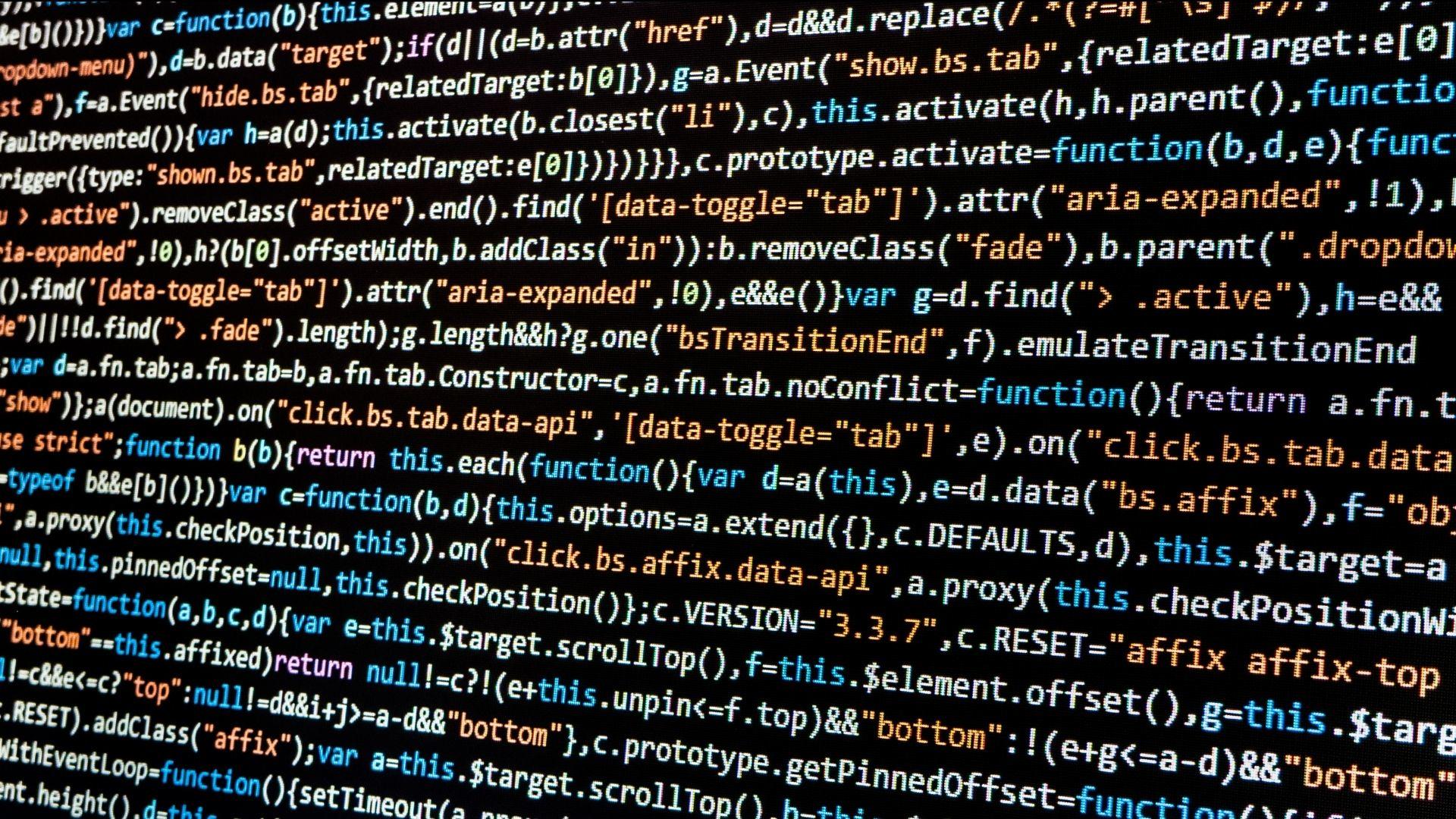
When COVID-19 paused plans for a hands-on machine learning laboratory, Professor of Physics Don Smith quickly pivoted to give students an innovative, experiential online course.
“Machine learning is the hot new topic nowadays. Everyone's talking about how it's the solution towards a better future, so of course it piqued my interest,” says Early College at Guilford student Rahul Jakati.
This course — developed by Don with assistance from Professor of Mathematics at Florida Atlantic University William Hahn ’08 — focuses on machine learning, a broad term for computer algorithms that use algebra to distill extremely large data sets into usable information by detecting patterns. These patterns can be used to identify faces in images, predict what movie you would like to see, generate fake Shakespeare plays, or recognize handwritten letters. These tools are already being widely used in marketing, law enforcement, science, and medicine.
“When I looked around the web at machine learning classes, it seemed that all the ones I found were aimed at computer science, physics, or data science. Yet, when I heard about interesting applications of machine learning, it was often art-related, music-related, etc.,” Don says.
One of Don’s main goals was to make the class flexible so that both math and programming fans and those who were just starting to develop an interest in machine learning could learn important lessons. “I was curious to make a course that would enable people who were not hardcore computer programmers to engage with machine learning and see what they could come up with,” he says.
He also wanted to ensure that even though the class was online, students still participated in hands-on learning. “My No. 1 priority for the course was I wanted it to be a course where you learn by doing,” Don says. Each day, Don started the class by showing students a new tool. They would then go off on their own to experiment with that tool through various homework assignments.
The class culminated with a series of group projects where students had to apply machine learning to a chosen real-life application. William, who studies the intersection between robotics, cognition, and programming, was very impressed with the student projects. "In just three weeks, Guilford students produced work that would be comparable to graduate students at the end of their first semester," he says. Projects ranged from diagnosing chest X-rays to predicting stock markets to classifying famous artwork.
“It's cool to explore how much it impacts our everyday life, from how you choose your movies to what kind of ads you get. It’s cool discussing how that’s affecting us and how it could affect us in the future,” Rahul says. “We’re barely scratching the surface as to what machine learning really is so it whets your appetite. It really makes me want to explore it further.”
Schedule your personalized visit today to learn about Guilford’s cutting edge, experiential academic programs.

